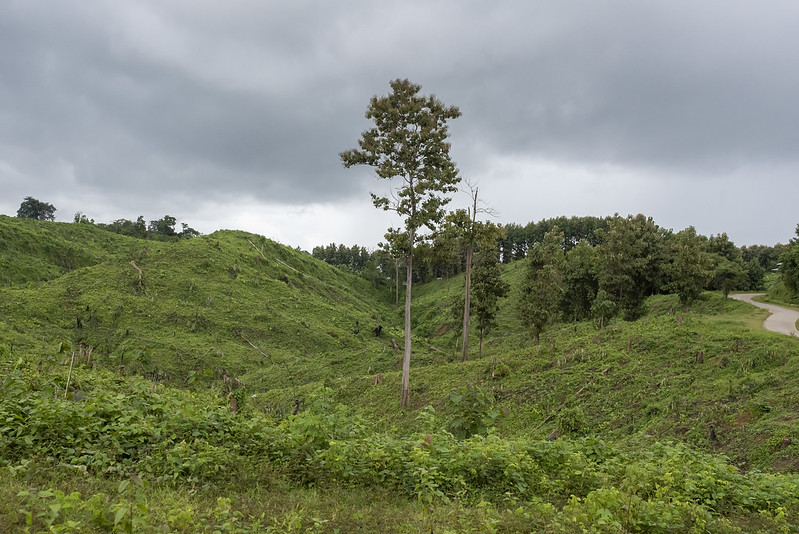
The ‘Cancun safeguards’ are a set of social and environmental safeguards for REDD+, which were adopted at the 16th Conference of the Parties to the United Nations Framework Convention on Climate Change (UNFCCC) in 2010. The safeguards aim to ensure that any social and environmental risks of REDD+ actions are minimized and that the benefits are enhanced.
The Cancun Safeguards
When undertaking [REDD+] activities, the following safeguards should be promoted and supported:
(a) That actions complement or are consistent with the objectives of national forest programmes and relevant international conventions and agreements;
(b) Transparent and effective national forest governance structures, taking into account national legislation and sovereignty;
(c) Respect for the knowledge and rights of indigenous peoples and members of local communities, by taking into account relevant international obligations, national circumstances and laws, and noting that the United Nations General Assembly has adopted the United Nations Declaration on the Rights of Indigenous Peoples;
(d) The full and effective participation of relevant stakeholders, in particular indigenous peoples and local communities;
(e) That actions are consistent with the conservation of natural forests and biological diversity, ensuring that the [REDD+] actions are not used for the conversion of natural forests, but are instead used to incentivize the protection and conservation of natural forests and their ecosystem services, and to enhance other social and environmental benefits1;
(f) Actions to address the risks of reversals;
(g) Actions to reduce displacement of emissions.
1 Taking into account the need for sustainable livelihoods of indigenous peoples and local communities and their interdependence on forests in most countries, reflected in the United Nations Declaration on the Rights of Indigenous Peoples, as well as the International Mother Earth Day.
Source: UNFCCC Dec. 1/CP.16
According to the relevant decisions of the UNFCCC, countries implementing REDD+ should meet three main requirements in relation to safeguards:
The Government of Myanmar intends to use REDD+ to contribute to the achievement of a climate resilient, low carbon and sustainable development path, through transformational change in the land-use and forestry sector by reducing deforestation and forest degradation while enhancing livelihoods, sustainable growth and development. Myanmar’s forests contribute to climate change mitigation and adaption and, through the ecosystem services they provide, contribute to sustainable economic development, thus contributing to the achievement of many of the targets under the Sustainable Development Goals (SDGs) in Myanmar.
Myanmar began developing its national safeguards approach in 2017. By establishing a transparent and efficient process for applying the Cancun safeguards at the national level, Myanmar can work to ensure that mitigation actions in the forest and land use sectors will proceed with full consideration of environmental sustainability and social equity.
This website is made possible through support from the REDD+ Naga Project, and the UN-REDD Programme Myanmar